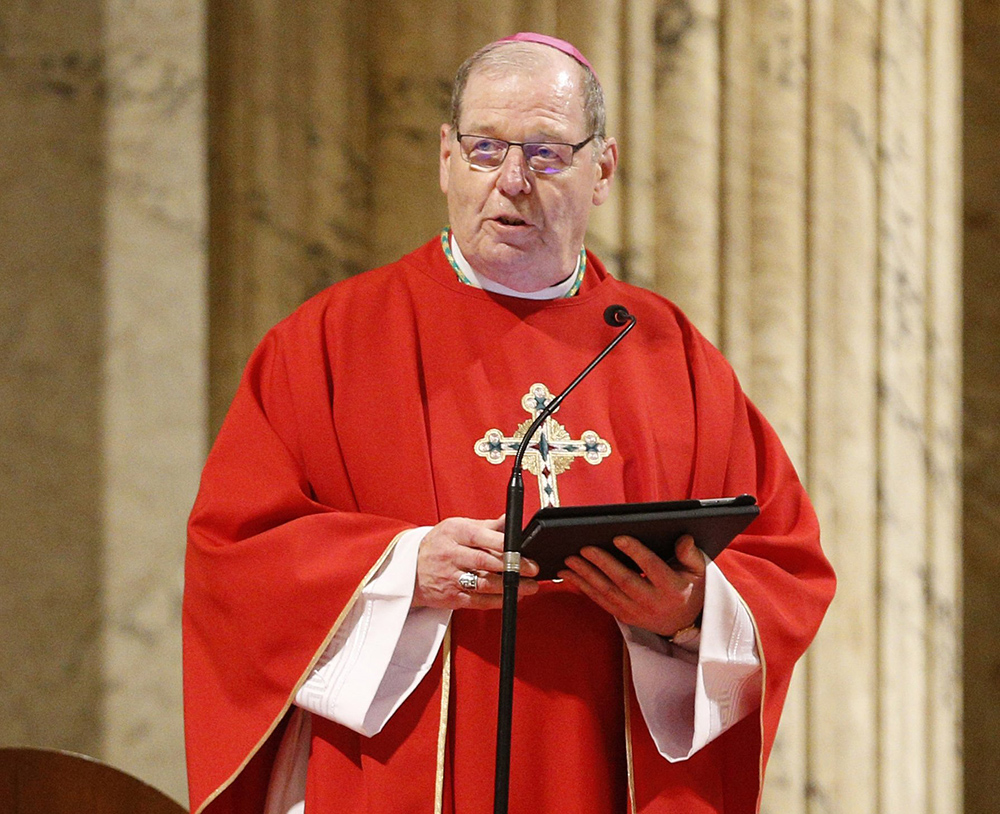
WASHINGTON — An attempt to have voters determine if the right to an abortion should be amended to the Maine Constitution fell short after it did not gain enough votes by state legislators.
For a constitutional amendment to be sent to voters in Maine, both chambers of the legislature must approve it by a two-thirds majority, which the House did not get with its 75-65 vote April 9. The Senate had delayed its final vote, but without House approval the proposal was defeated.
The state was among several looking to put its state abortion law to voters this year as other states have done since the Supreme Court overturned Roe v. Wade in 2022 and removed the nationwide right to abortion.
Abortion amendments are currently on the November ballot in Florida, Maryland, and New York. To date, voters in California, Kansas, Kentucky, Michigan, Montana, Ohio, and Vermont have backed abortion rights on ballot measures.
A few other states this year have also failed in their attempts to bring abortion measures to state citizens in November elections. Wisconsin’s state Senate didn’t vote on the measure and an effort in Louisiana failed to move beyond a committee level.
In some states, getting an abortion amendment to voters is not up to the lawmakers but depends on the amount of signatures the proposed measure gets, as is the case in Arizona.
Maine has one of the country’s least restrictive abortion laws, so the effort to place it on the ballot was primarily to stop future legislation on it. Last year, state lawmakers approved a law allowing abortions at any time if deemed medically necessary by a doctor. The state’s previous law, from 1993, said abortions were legal until a fetus is viable outside the womb, at about 26 to 28 weeks.
The proposed amendment in Maine, called “Protect Personal Reproductive Autonomy” would have asked voters if they favor amending the state’s Constitution “to declare that every person has a right to personal reproductive autonomy.”
In a strongly worded condemnation of the amendment issued earlier this year, Bishop Robert Deeley of Portland called it “immoral and unnecessary.”
“This is a political attempt to distract from the heinous law passed last June that eliminated any restrictions for abortion,” Deeley said. “A change to the constitution to promote abortion on demand will affect unborn children who cannot speak for themselves but will suffer the ultimate price.”
In his statement, the bishop noted that the future work of the pro-life movement is not just about changing laws but changing hearts.
“The task before us begins with our knowledge of the truth and our courage to speak it and to live it with compassion,” he said, adding that Catholics are called to “radical solidarity with women facing an unexpected or challenging pregnancy. That means doing whatever we can to provide them with the care and support they need to welcome their children.”
